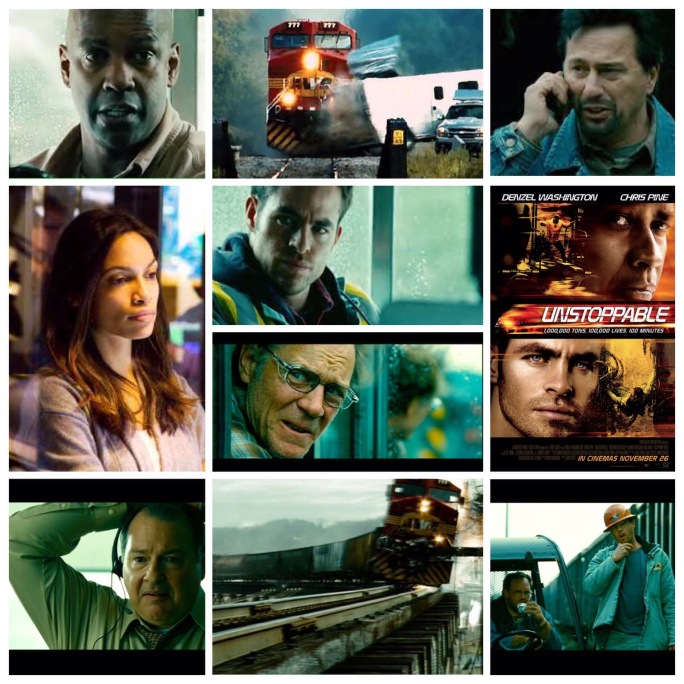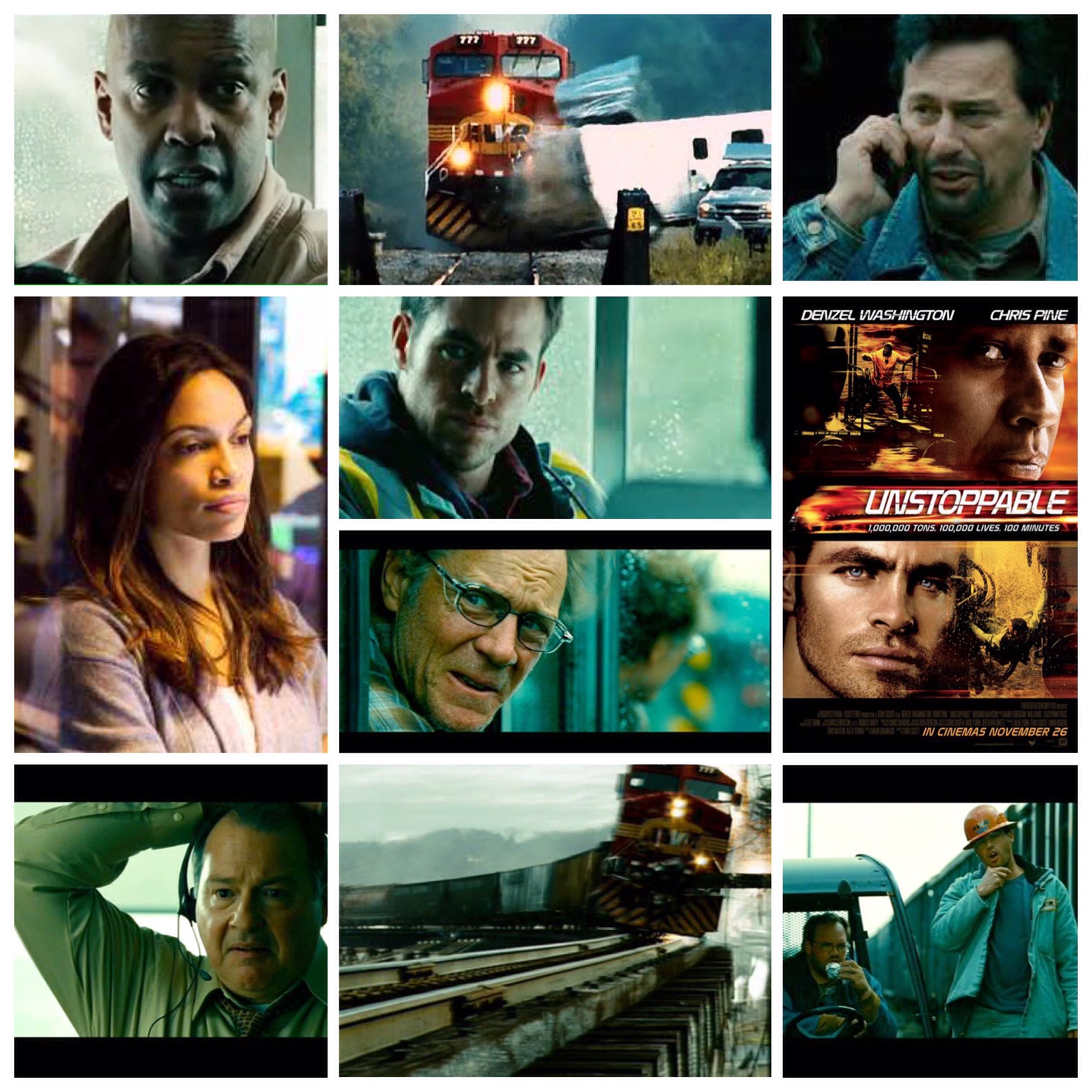
Alejandro Gonzales Inarritu has always had an affinity for telling dark, difficult, unconventional stories in his work and while there are certain more prolific films he’s made I think that 21 Grams might be his most challenging, emotionally galvanizing and unconventionally rewarding piece to date. Using his patented ‘mosaic’ storytelling motif, we see a series of increasingly distressing and unrelentingly bleak events unfold involving a woman (Naomi Watts) whose family was killed in a hit and run, the troubled ex con (Benicio Del Toro) who ran them over and the terminally ill man (Sean Penn) who is intrinsically tied to both their lives. The film asks us to cast an unblinking eye on grief, tragedy and ponderous moral morass as these three souls collide in heated encounters, violent confrontations and darkly cathartic resolution. Penn is as implosive as ever and his was the one performance of the three I didn’t fully connect with but to be fair character’s situation is nearly impossible for the viewer to put themselves in, and in any case he is terrific. Watts is a sorrowful quarry of devastation, turning to substances and nearly succumbing to despair in her grieving process while seeking retribution for her family. Del Toro gives the best performance of the film as a self loathing, hard-luck, emotionally stunted fellow who uses starch evangelism as both a weapon against his own family and a tool to convince himself of something perhaps only he sees, or hopes for in his own nature. The supporting cast are all excellent and given their own individual moments to shine including the criminally underrated Melissa Leo as Benicio’s destructively pragmatic wife, Eddie Marsan, Danny Huston, Charlotte Gainsbourg, Dennis O’Hare, Stephen Bridgewater, Paul Calderon, Kevin Chapman, Lew Temple and more. The great Clea Duvall also shows up in a heartbreaking key supporting part and trust an intuitive guy like Inarritu to direct cameras slowly away from Watts as a core scene plays out and gradually move in on Clea for a distilled, gut wrenching closeup, I appreciated the focus and attention momentarily being given to a fantastic actress who has spent most of her career in Hollywood on the supporting sidelines but gets to powerfully emote big time here, if only for a few blessed frames. This is an emotionally devastating experience on all fronts and although it may not flow quite as organically as Alejandro’s debut stunner Amores Perros, there is no denying the raw, elemental potency of the drama, the stark vulnerability of the performances or the beauty of a fragmented, jigsaw puzzle narrative which serves to remind us how memory and time can shape the way we act, perceive and relate to one another in life. Masterful film.
-Nate Hill






